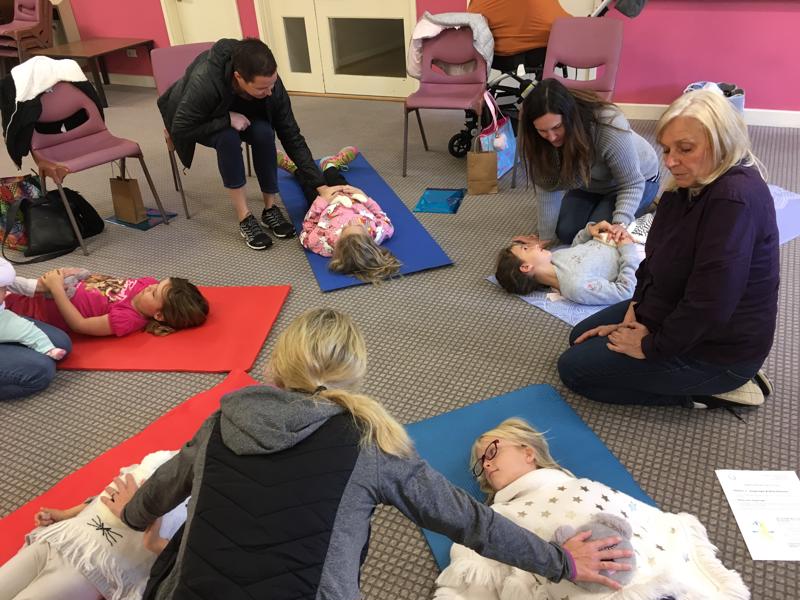Dysfunctional breathing is breathing that is not efficient or inappropriate for the body’s changing needs. It comes in several forms.
- hyperventilation disorders
- vocal cord dysfunction
- breathing pattern disorders
- and even excessive mouth breathing.

Dysfunctional breathing is breathing that is not efficient or inappropriate for the body’s changing needs. It comes in several forms.
People with dysfunctional breathing can have a range of respiratory and non-respiratory symptoms.
Respiratory symptoms include forms of
Common non-respiratory symptoms are
Dysfunctional breathing habits and patterns can also affect other body functions, with influences on voice production, posture, core stability, muscle and airway function, autonomic nervous system function, sleep, circulation, digestion and mood. (If you are interested to know more about this and see references you can read more in my PhD thesis, available from this website)
Chronic neck, TMJ, shoulder, back and pelvic pain that does not respond well to manual therapy can be associated with the presence of dysfunctional breathing.
Research has shown that dysfunctional breathing in people with asthma reduces asthma control, increases symptoms and can interfere with response to medication.
Anxiety disorders and panic attacks can in some cases be aggravated and perpetuated by presence of dysfunctional breathing.
Stress, anxiety and diseases that affect the airway, circulation, brain and nervous system can increase the likelihood that a person will have dysfunctional breathing.
Some common conditions that have been linked with dysfunctional breathing include:

